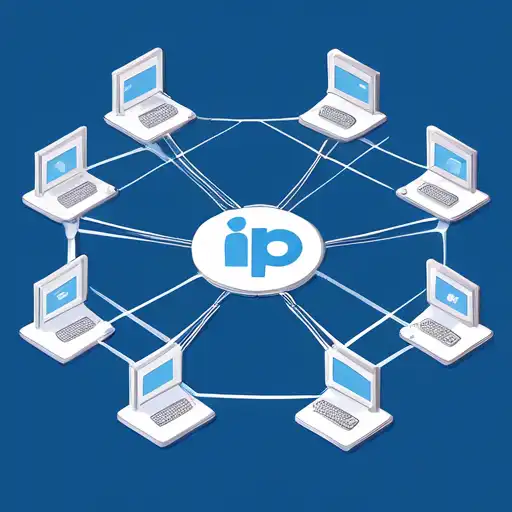Introduction to IP Addresses
In the vast world of networking, understanding IP addresses is crucial for anyone looking to grasp how devices communicate over the internet. An IP (Internet Protocol) address is a unique identifier assigned to each device connected to a network, enabling them to send and receive data. This article will explore the basics of IP addresses, their types, and their significance in networking.
What is an IP Address?
An IP address is a numerical label assigned to each device participating in a computer network that uses the Internet Protocol for communication. It serves two main functions: identifying the host or network interface and providing the location of the host in the network.
Types of IP Addresses
There are two primary versions of IP addresses in use today:
- IPv4 (Internet Protocol version 4): The most widely used version, consisting of four sets of numbers separated by dots (e.g., 192.168.1.1).
- IPv6 (Internet Protocol version 6): Developed to deal with the exhaustion of IPv4 addresses, it uses a more complex format (e.g., 2001:0db8:85a3:0000:0000:8a2e:0370:7334).
How IP Addresses Work
When you type a website's name into your browser, a Domain Name System (DNS) server translates the name into an IP address that your computer can understand. This process ensures that the data reaches the correct destination. Without IP addresses, the internet as we know it would not function.
Static vs. Dynamic IP Addresses
IP addresses can be either static or dynamic. A static IP address remains constant, making it ideal for hosting websites or services. On the other hand, a dynamic IP address is assigned by a DHCP server and can change over time, which is more common for residential users.
The Importance of IP Addresses in Networking
IP addresses are the backbone of internet communication. They enable devices to find each other and exchange information seamlessly. Understanding how they work is essential for troubleshooting network issues, setting up a home network, or pursuing a career in IT.
Conclusion
IP addresses play a pivotal role in the functioning of the internet and networking. Whether you're a beginner looking to understand the basics or a professional aiming to deepen your knowledge, grasping the concepts of IP addresses is a fundamental step. For more insights into networking, explore our articles on Networking Basics and Understanding DNS.
